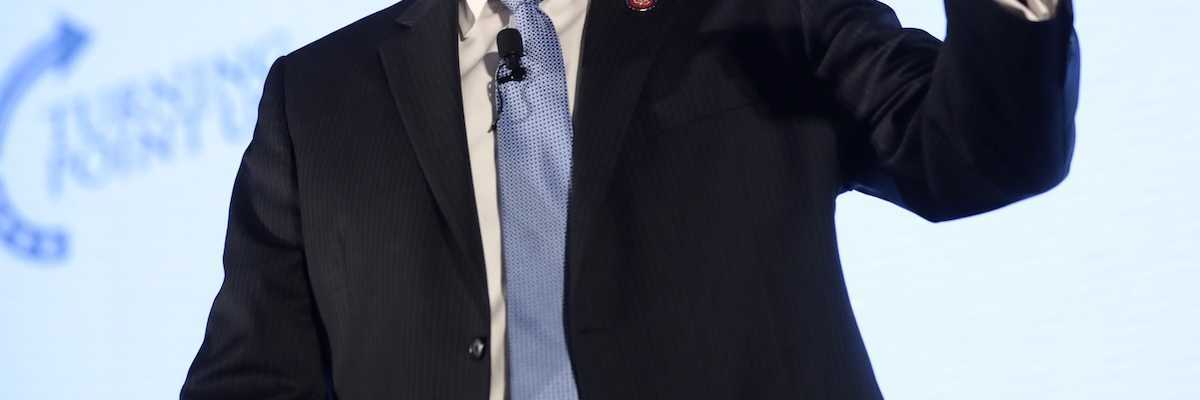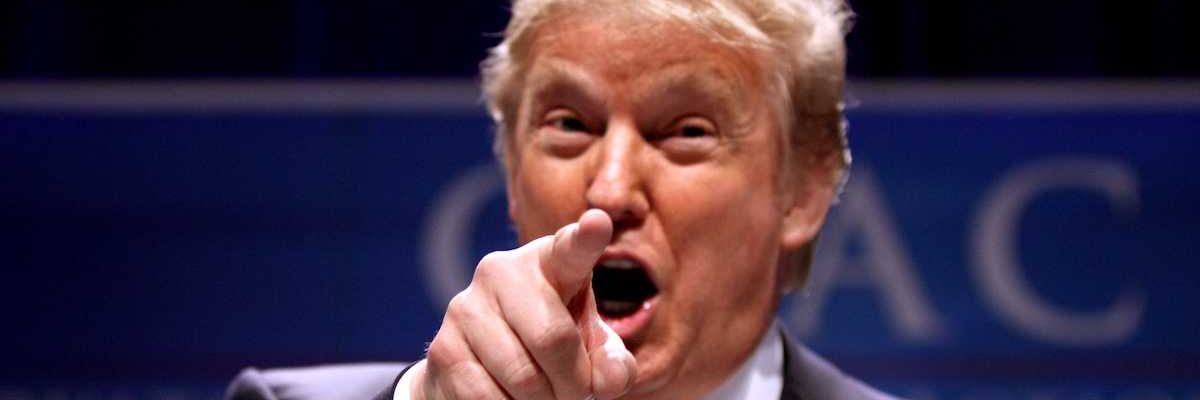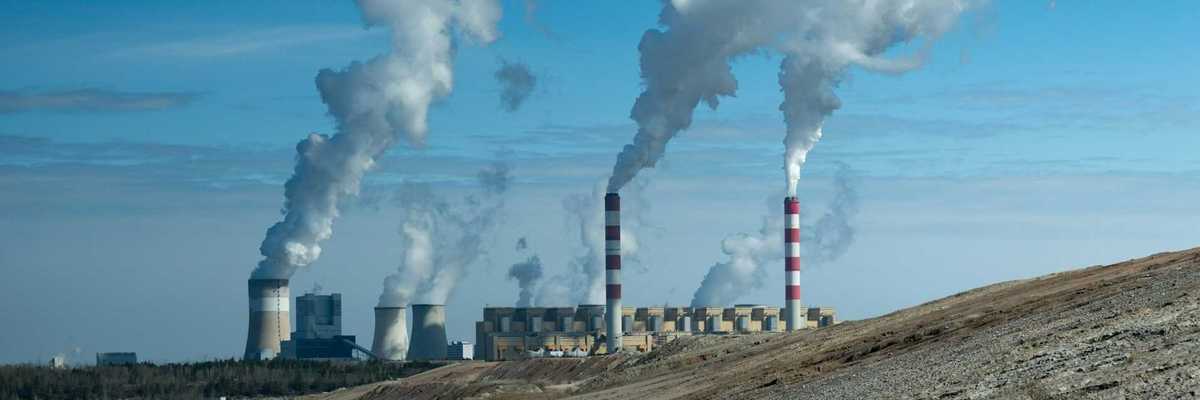amazon deforestation
Disguised ownership helps Amazon deforesters evade penalties
Land grabbers in the Amazon use front people to avoid environmental accountability, complicating enforcement efforts by authorities, reveals a new investigation.
In short:
- Amazon land-grabbers like José Carlos Bronca, a Brazilian agribusinessman, employs fronts, typically relatives or unsuspecting individuals, to register land to circumvent fines and legal consequences.
- These tactics significantly hinder environmental agencies, such as Brazilian's IBAMA, from prosecuting offenders, often leaving fines unpaid and crimes unpunished.
- Bronca's manipulation of land titles and registration obfuscates his involvement, even as authorities increase efforts to tie deforestation back to him.
Key quote:
“You go to look for the assets that are in the citizen’s name and you don’t find anything, and that’s all there is to it.”
— César Guimarães, superintendent of IBAMA in Rondônia
Why this matters:
Using fronts to register land enables significant deforestation with minimal legal repercussions for the true landowners, undermining environmental conservation efforts. This tactic dilutes the effectiveness of legal sanctions and frustrates efforts to hold violators accountable.
Be sure to read EHN’s 2020 coverage: Massive, vital ecosystems that have existed for thousands of years could breakdown in just a few decades, according to a new study.
Amazon rainforest at risk of significant transformation by mid-century, study indicates
The critical balance between human activity and the Earth's natural climate regulators is beginning to tip — and not in a good way.
In short:
- A recent study predicts that by 2050, 10% to 47% of the Amazon rainforest could undergo severe ecological changes due to deforestation and climate change, potentially transitioning into savanna grasslands.
- The Amazon, a critical carbon sink for 65 million years, faces threats from global warming, extreme droughts, and fires, risking the release of stored carbon and accelerating global warming.
- Researchers emphasize the urgency of maintaining "safe" ecological thresholds, including limiting global warming to 1.5 degrees Celsius and reducing deforestation to below 10% to avoid catastrophic ecosystem degradation.
Key quote:
"At the end of this process, our planet will reorganize itself, find a new equilibrium... humans and other species will have to readapt to very unpleasant conditions."
— Bernardo M. Flores, lead author of the study.
Why this matters:
The Amazon's potential collapse into a degraded ecosystem not only threatens biodiversity and Indigenous communities but also diminishes its role in carbon sequestration, exacerbating global warming. The planet’s largest ecosystems could collapse faster than we thought.
Unlikely allies want to bar JBS, the Brazilian beef giant, from U.S. stock markets
Deforestation falls for 8th straight month in the Amazon rainforest, but rises in the cerrado
Deforestation in the Brazilian Amazon has decreased for the eighth consecutive month, but damage is rising in the cerrado, a tropical woody grassland that’s adjacent to Earth’s largest rainforest.









